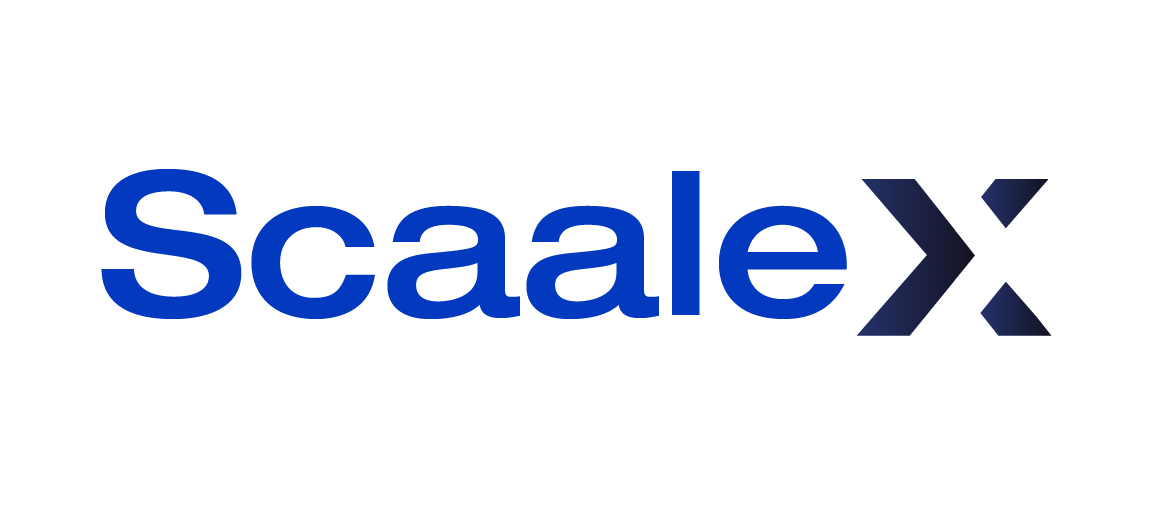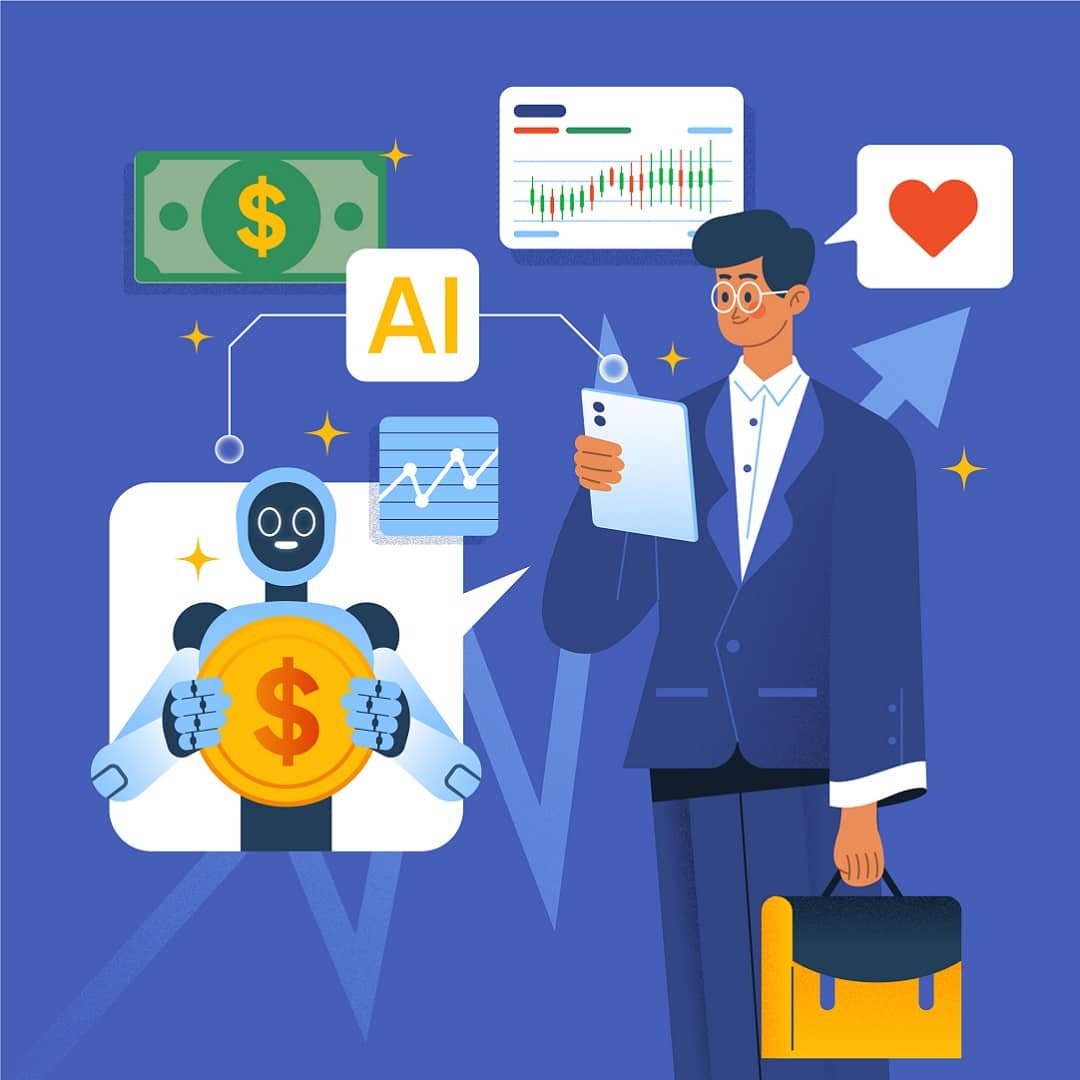The emergence of artificial intelligence (AI) has revolutionized many sectors, such as financial analysis and investment-making. One of the most important fields where AI is leaving its mark is AI-based startup valuation, whereby algorithms dig through data to conclude the value of a startup. Still, most experts say AI brings automation and speed, but the startup valuation services with accuracy are still dependent on human knowledge.
In this blog, we discuss if AI-based startup valuation tools are as efficient and accurate as the conventional startup valuation services headed by financial professionals.
Understanding Startup Valuation Services
What Are Startup Valuation Services?
Startup valuation services determine a company’s value based on examining different financial and non-financial parameters. The services enable entrepreneurs, investors, and stakeholders to make well-informed decisions on funding, equity allocation, and acquisition prospects.
Why Is Accurate Valuation Crucial for Startups?
A correct valuation is critical to startups for a number of reasons:
Investor Confidence – An overvalued startup might not be able to raise funds or may lose too much equity with an undervalued startup.
Strategic Decision-Making – Founders require accurate valuation to make investment and partnership negotiations.
Exit Planning – A true valuation is helpful in planning for acquisitions or IPOs.
Since it’s critical, getting startup valuation right needs strong methodologies, whether based on AI or expertise.
AI-Based Valuation Tools: How Do They Work?
The Role of AI in Financial Analysis
AI-powered startup valuation models employ large data sets, machine learning models, and predictive analytics to analyze a startup’s financial well-being. AI-powered valuation tools examine revenue streams, market trends, competition, and financial statements to make a thorough valuation.
Key Features of AI-Driven Valuation Tools
Data-Driven Insights – AI evaluates large data sets at high speed, minimizing human effort.
Predictive Analytics – Machine learning makes future financial trends predictions based on historical performance.
Automated Reports – AI provides valuation reports within minutes, making it more efficient.
Real-Time Updates – AI software dynamically adjusts valuations as fresh financial information is made available.
These benefits make AI-based startup valuation a viable proposition for data-intensive industries.
But is it sufficient to guarantee startup valuation accuracy?
Expert-Led Startup Valuation Services: A Human-Centric Approach
The Expertise and Methodologies Used by Valuation Professionals
Conventional startup valuation services use financial analysts, investment bankers, and valuation consultants who use diverse methodologies such as:
Discounted Cash Flow (DCF) Analysis – Projects future earnings and brings them to present value.
Market Comparables – Compares the business to peers in the marketplace.
Asset-Based Valuation – Examines the company’s assets, tangible and intangible.
The Importance of Industry Insights and Market Trends
In contrast to AI, human professionals consider qualitative factors such as:
Market Sentiment – Interpretation of investor behavior and industry trends.
Competitive Positioning – Assessing brand power and customer sentiment.
Regulatory and Economic Factors – Adjusting valuation models to legal and economic updates.
These qualitative factors render expert-guided startup valuation services extremely valuable, providing startup valuation accuracy in complicated situations.
Comparing AI-Based Tools vs. Expert-Led Startup Valuation Services
Accuracy and Reliability: Can AI Match Human Expertise?
AI-driven tools are better at dealing with numbers but poor at handling qualitative factors like brand strength and leadership quality. Human professionals, however, pair data with experience to give a more complete valuation.
Customization and Flexibility: Standardized Models vs. Tailored Analysis
Human experts rely on industry-specific algorithms, whereas AI models use default algorithms. Expert-led startup valuation services provide greater adaptability in the management of innovative business models.
Market Trends and Intuition: The Human Advantage
Historical trends are analyzed by AI but without human intuition. Experts use years of experience to anticipate future market trends and investor reaction, ensuring the startup valuation accuracy is higher.
Speed and Efficiency: AI Automation vs. Expert-Driven Processes
AI tools produce valuations within minutes, while expert-based valuations require days or weeks. Startups demanding quick choices will favor AI-based startup valuation tools, but those looking for depth depend on the experts.
Cost Considerations: AI Affordability vs. Premium Consulting Services
AI-based tools are inexpensive, allowing early-stage startups to use them. Professional-led startup valuation services are pricier but deliver comprehensive analysis worth their price for high-risk funding rounds.
Limitations of AI in Startup Valuation Services
Data Dependency and Potential Biases
1. Dependence on Data and Possible Biases
AI algorithms rely on quality data. If the data used is old or biased, AI-based valuations can be incorrect, impacting startup valuation accuracy.
2. No Qualitative Analysis
AI struggles with subjective factors like team expertise, market perception, and brand value, which are crucial in startup valuation services.
3. Challenges in Handling Unique Business Models
Startups with unconventional revenue streams or disruptive models may not fit AI’s predefined valuation formulas, making expert intervention necessary.
Can AI and Expert-Led Approaches Work Together?
The Potential for a Hybrid Model
Instead of taking a choice between AI and human experience, hybrid combines the strengths of both. AI performs the data analysis while human experts then fine-tune the valuation through industry experience and qualitative observations.
How Scaalex Integrates AI with Expert Insights in Startup Valuation Services
Scaalex provides an equilibrium solution by using AI-based analytics in conjunction with expert assessment. Their startup valuation services combine AI for processing data and human experience for final accuracy in valuation, providing startups with the best of both realms.
Conclusion
Whereas AI-based startup valuation tools are quick and cost-effective, they do not yet possess the human judgment required for startup valuation accuracy. Startup valuation services by experts include richer insights, customization, and qualitative analysis, and are thus unavoidable for high-stakes investment.
Ultimately, whether to use AI or human valuation is up to a startup’s requirements. A hybrid solution, such as that offered by Scaalex, can provide the best of both worlds, combining the efficiency of AI with expert precision to provide accurate valuations.
By knowing the advantages and disadvantages of each method, startups can make informed choices that suit their growth strategy and investment objectives.


